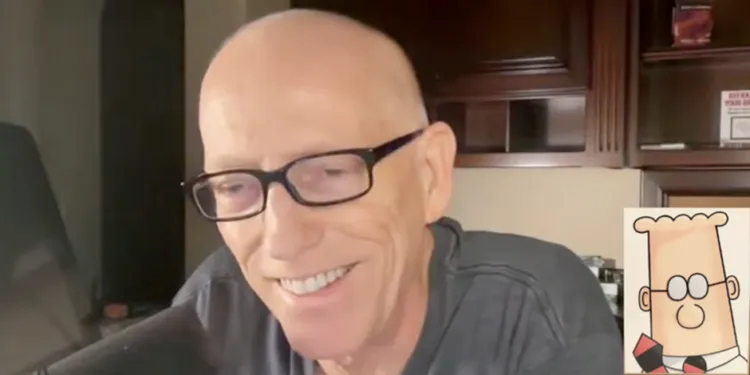Table of Contents
Lawrence W. Reed
Lawrence W. Reed is FEE’s President Emeritus, Humphreys Family Senior Fellow, and Ron Manners Global Ambassador for Liberty, having served for nearly 11 years as FEE’s president (2008-2019). He is author of the 2020 book, Was Jesus a Socialist? as well as Real Heroes: Incredible True Stories of Courage, Character, and Conviction and Excuse Me, Professor: Challenging the Myths of Progressivism.
“In life, your attitude determines your altitude,” a wise person once said. I agree. I’ve observed many people with bad attitudes over the years. Without exception, they didn’t amount to much until they fixed their attitude problem.
A bad attitude manifests in multiple forms: Arrogance. Dishonesty. A sense of entitlement. A thirst for power. Laziness. Pessimism and negativity. Cheerlessness. Jealousy. Defeatism. Disrespect for other people’s rights, choices, and property.
After three years of destructive Covid policies—from lockdowns to mask mandates—some are finding it challenging to get their engines going again. That’s perfectly understandable, given what many have endured including illness and death among friends and family to serious financial losses. Let’s not trivialize any of that but at the same time, let’s note that a bad attitude is a hindrance to recovery and progress. This short 1905 poem titled Thinking by Walter Wintle offers a few keen observations:
If you think you are beaten, you are;
If you think you dare not, you don’t.
If you’d like to win, but think you can’t,
It’s almost a cinch you won’t.
If you think you’ll lose, you’re lost,
For out in the world we find
It begins with a fellow’s will;
It’s all in the state of mind.
If you think you’re outclassed, you are;
You’ve got to think high to rise.
You’ve got to be sure of yourself before
You can ever win a prize.
Life’s battles don’t always go
To the stronger or faster man;
But sooner or later the man who wins
Is the one who thinks he can.
Americans have been body-slammed before but we’ve always bounced back. The agony of the pandemic is Sunday school compared to the hardships of Valley Forge, the crucible of the Civil War, the injustices of slavery and Jim Crow, the heartbreak of the Great Depression, or the existential threat of World War II.
Even some past health crises were proportionally worse than Covid. The 1793 yellow fever epidemic claimed about 10 per cent of the citizens of Philadelphia and forced President Washington and his Cabinet to move to nearby Germantown. The Spanish Flu of 1918-19 killed half a million Americans when the country’s population was less than a third of today’s.
Many Covid measures were clearly counterproductive and even deadly. “Progressive” Governors in New York, Michigan, Illinois, and New Jersey forcing nursing homes to accept Covid-19 patients is Exhibit A. We must learn from the experience and insist that nothing like it happens again.
What we traditionally refer to as a “can-do” spirit, so vital to the country’s past success, must be front-and-center again. Its magic is evidence of personal character as well as the political and economic liberty in which we can put that character to work. Nations that suppress the can-do spirit are plagued with endless, intractable problems from poverty to poor health to lousy government.
If you think things are tough here, take inspiration from courageous Ukrainians. They are taking the can-do spirit to the next level, will-do, under the most difficult of situations.
To walk away from any challenge would be an unthinkable forsaking of our ancestors who bequeathed us so much. It would likely make many problems worse for us as well. No matter the obstacles, we have no good reason to ever give up on the future. Pessimism is a self-fulfilling prophecy.
For additional information, see:
What Anne Frank and Dr. Christian Larsen Can Teach Us About the Power of Optimism by Lawrence W. Reed
Remembering Paul Harvey’s Optimism, Wisdom and Common Sense by Lawrence W. Reed
Louis Armstrong Broke Barriers with Music, Optimism and Personality by Lawrence W. Reed
Why Hope is Essential to Latin America’s Future by Lawrence W. Reed
This article was originally published on FEE.org. Read the original article.







